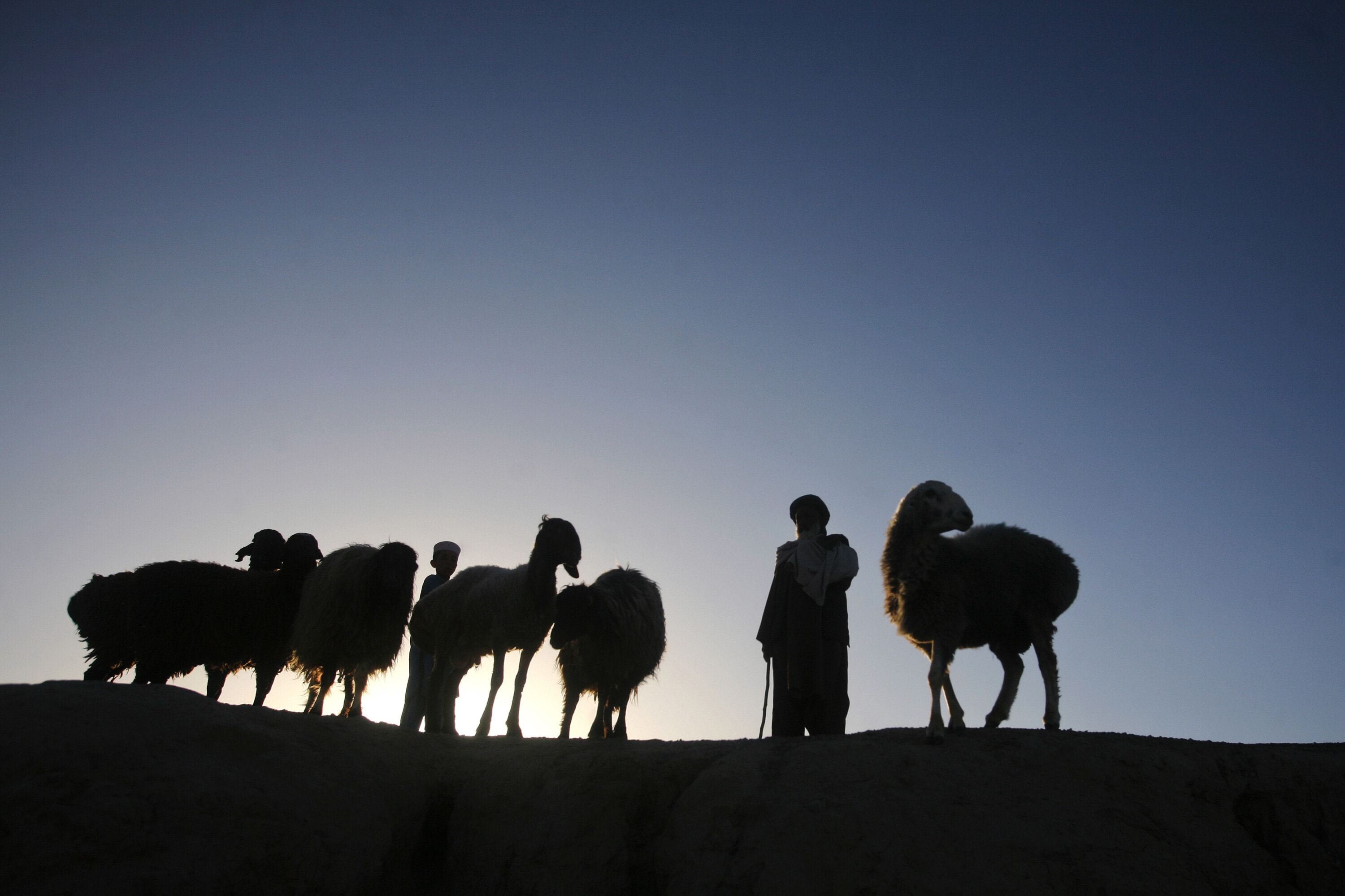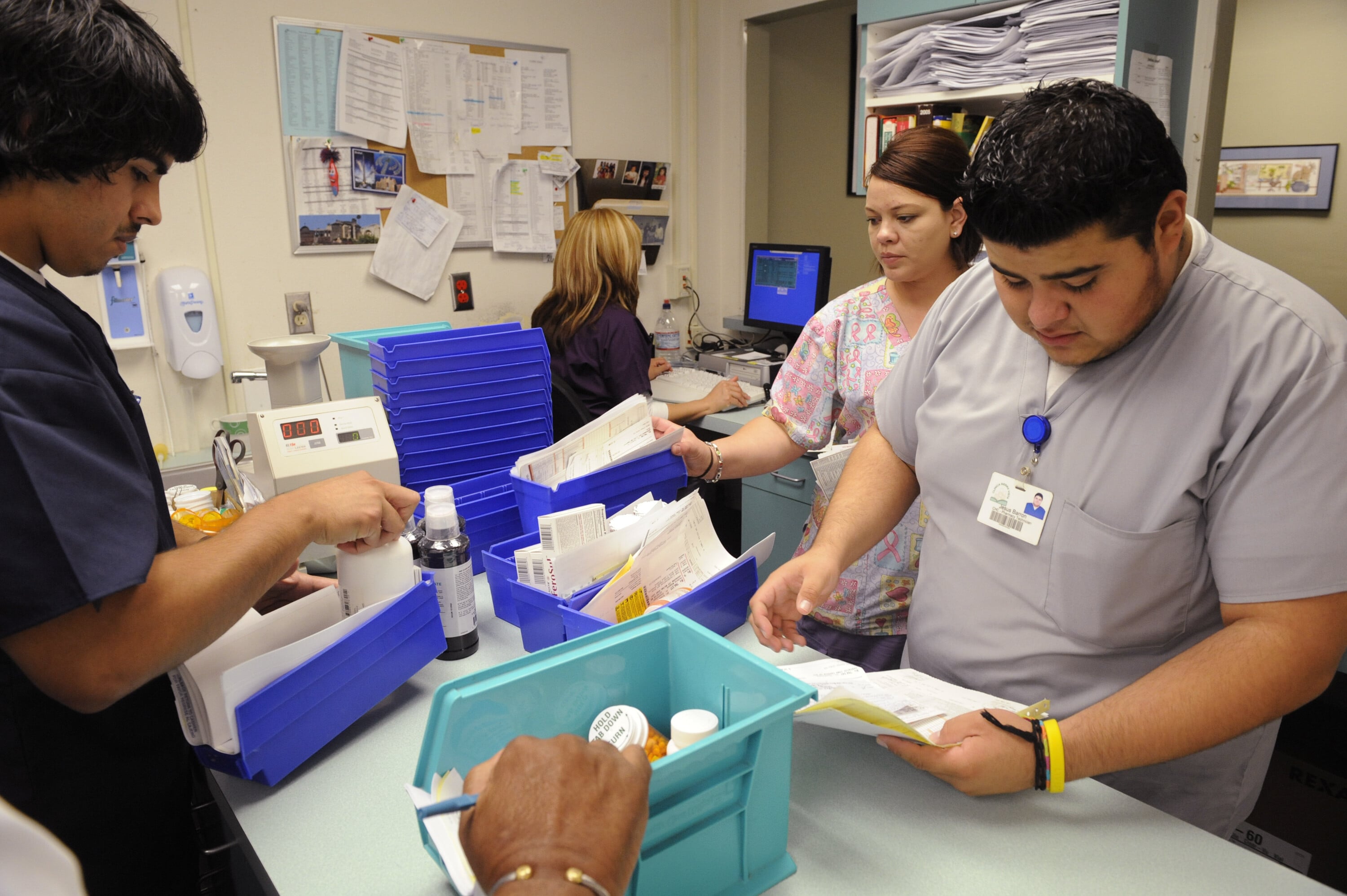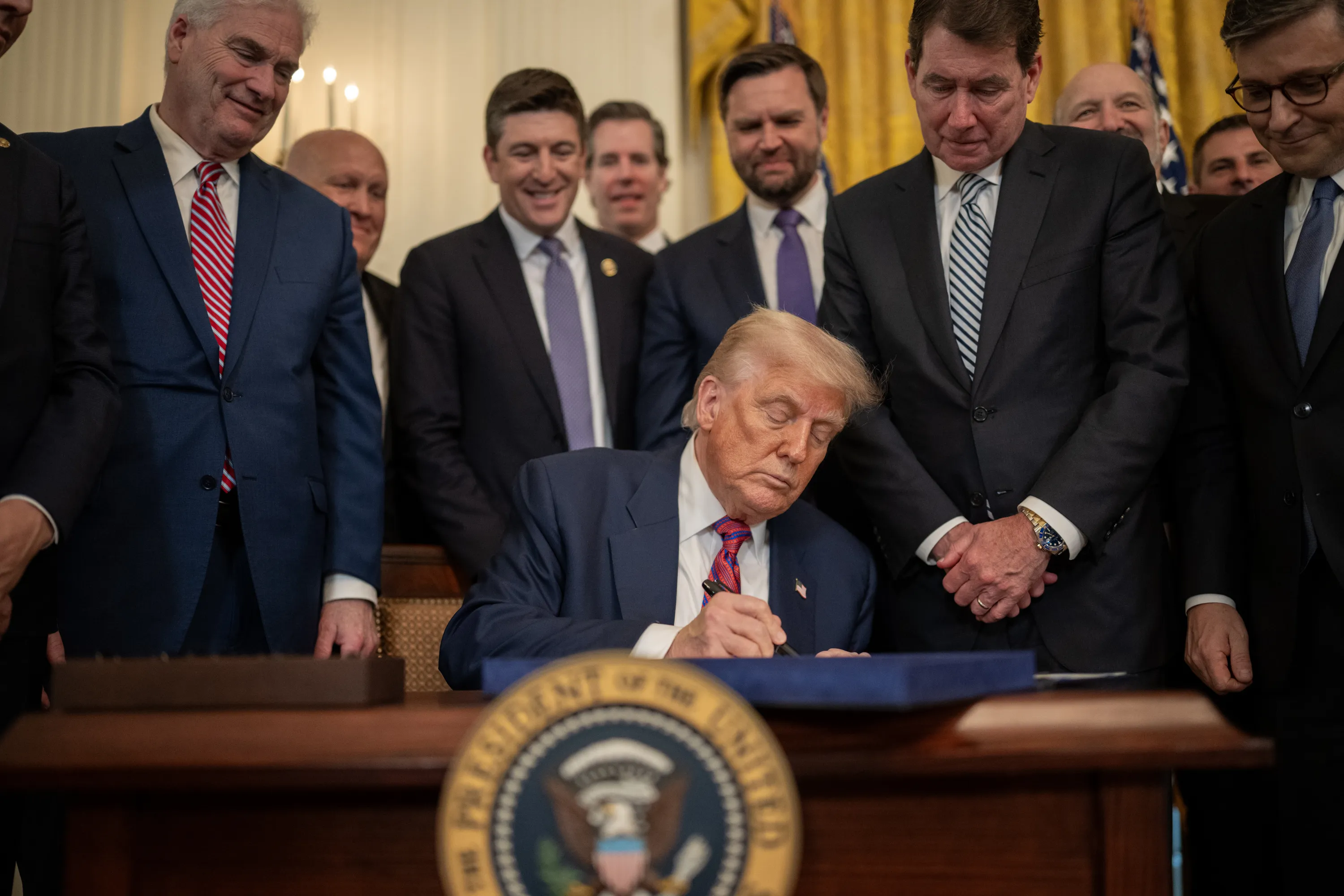Women, water and the ugly global crisis we’re not talking about

Stay up to date:
Economic Progress
In a series of posts leading up to the World Economic Forum’s launch of the Class of 2012 Young Global Leaders on Tuesday 6 March 2012, April Rinne of Water.org’s WaterCredit initiative discusses microfinance tools to address water and sanitation needs. In 2011, Rinne was named a Young Global Leader by the World Economic Forum.
Imagine you’re a young woman in an urban slum, perhaps Nairobi or Mumbai. You spend several hours each day waiting for water to arrive on a truck. When that truck arrives, the driver charges a price that he alone sets.
You cannot control the price, how full the truck is, how many people are in line, when the truck arrives, or the quality of the water. You are unable to take on a job with fixed hours because you can’t predict these factors with regularity. To make matters worse, you never know the quality of the water coming from the truck, so you filter and treat it as best as you can, but your family often gets sick.
People whose only option is to purchase water from trucks operated by the local “water mafia” pay an average of 5-to-15 times more per liter than people with dedicated municipal connections. It is estimated, according to a 2006 World Bank report, that sub-Saharan Africa loses an estimated 5 percent of its GDP each year due to the water and sanitation crisis, a sum that can exceed all foreign assistance received in the region, according to a report by the United Nations Development Programme. Current investment falls far short of the amount estimated to be required to meet the Millennium Development Goals (MGDs) for water and sanitation globally.
Those who pay bribes to get repairs done or falsify their meter readings to lower their bills are the lucky ones, since they actually have networked water access. Many more people do not have a water connection at all, and do not have access to the capital necessary to obtain it.
But this story is about more than water supply, it’s also about sanitation.
Continue reading this article on the Washington Post
April Rinne is the director of Water.org’s WaterCredit initiative, which uses microfinance tools to address water and sanitation needs. In 2011, Rinne was named a Young Global Leader by the World Economic Forum.
Pictured: A woman collects water from a truck in the Cofradia neighbourhood of San Pedro Sula March 10, 2008. According to a UNDP report published in January 2008, 1.5 million people have no access to potable water in Honduras. March 22 is U.N. World Water Day. Picture taken March 10, 2008. REUTERS/Edgard Garrido
Don't miss any update on this topic
Create a free account and access your personalized content collection with our latest publications and analyses.
License and Republishing
World Economic Forum articles may be republished in accordance with the Creative Commons Attribution-NonCommercial-NoDerivatives 4.0 International Public License, and in accordance with our Terms of Use.
The views expressed in this article are those of the author alone and not the World Economic Forum.
Forum Stories newsletter
Bringing you weekly curated insights and analysis on the global issues that matter.
More on Economic GrowthSee all
Wolfgang Fengler and Marta Cyhan Bowles
September 22, 2025
Agshin Amirov and Azar Hazizade
September 19, 2025
Muhammad Osama Khan and James Balzer
September 18, 2025
Eric White and Elia Tziambazis
September 18, 2025
Lars Holmquist
September 17, 2025
Dante Disparte
September 17, 2025



